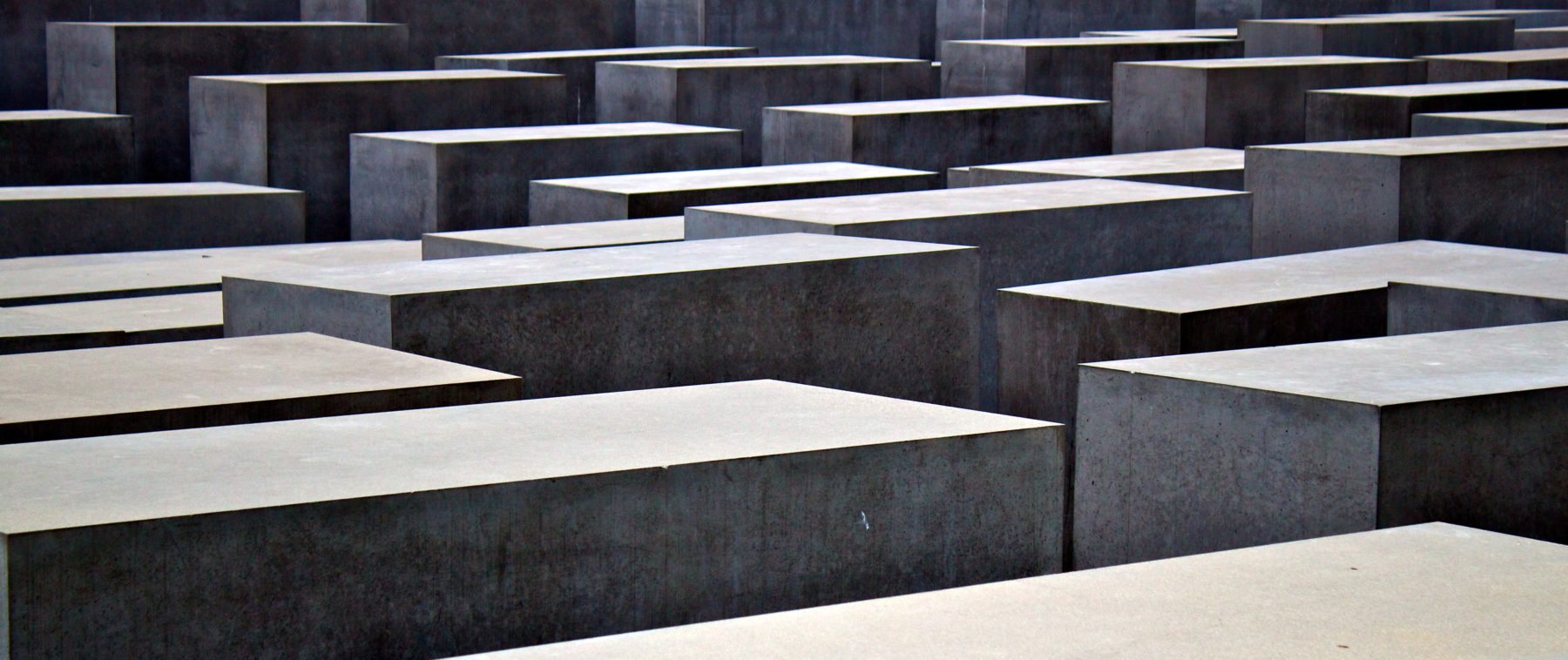International Holocaust Memorial Day: Remembering and learning
In honour of International Holocaust Memorial Day, Warwick SU has teamed up with the Modern Records Centre to educate students about the atrocious genocide committed 72 years ago under Nazi rule, the extermination of six million Jews and the other minorities murdered in concentration camps around Europe. And it seems even as fewer and fewer survivors live to tell their stories, the need for this day of recognition is becoming more desperate by the minute.
As policies like Brexit take centre stage in our government’s agendas, the need for educating students about the past is urgent. As we go about our daily lives, a terrifying step back into the days of segregated nations, racial identity and the fragrant disregard for the livelihood of other people, continues.
When Trump’s executive immigration order closed the US boarders to the refugees fleeing from genocide in Syria and Yemen, the blood of a massacre similar to the murder of Jews in Nazi Germany poured onto his hands. The United States should know that a policy of isolationism is a free ticket for ISIS to kill millions more people in the Middle East.
In honour of International Holocaust Memorial Day, Warwick SU has teamed up with the modern records centre to educate student
That is why Warwick SU and the Modern Records centre have created an education exhibit, launched on the Friday of the memorial. It explores how ‘remembering’ can relate to the refugee crisis of today, and the role we play in protecting the vulnerable communities of the world. In the end, it’s not about whose people should be looked after by whom. It’s about looking after all people, all families, because they are all humans.
It will also talk about the progression of fascism and anti-fascism, alongside the best ways in which we can combat the regressive views of leaders that still exist today.
It explores how ‘remembering’ can relate to the refugee crisis of today
More often than not, these memorials have the power to highlight the fact that hatred is not in always the intention, but rather it lurks in the damaging ideologies these inward looking policies replicate. The promotion of nationalism is a scary reality, filled with the notions of what is ‘normal’ and ‘foreign’, what is ‘alien’ and ‘human’.
There is a myth that people are fundamentally different based on their place of birth origin, their race or their religion that is still filtered down generation by generation. That joining together, is worse than staying apart. But as ‘remembering’ continues to inform us, separation is always going to lead to greater issues than treating everyone as if they were all from the same place. Whenever people ‘belong’, there’s a hefty price to pay for those ‘don’t.’
The promotion of nationalism a scary reality, filled with the notions of what is ‘normal’ and ‘foreign’
This year the theme selected by the Holocaust Memorial Trust is “how can life go on?” which seems an apt question in the face of Donald Trump’s new immigration policy, and the continuing persecution of Muslims and Christians in the Middle East.
What audiences are encouraged to think about is not only the cost of genocide, but to remember their own responsibilities in the face of discrimination and what role they play in protecting marginalised communities in the face of radicalism and racism.
What audiences are encouraged to think about is not only the cost of genocide, but to remember their own responsibilities
As author and survivor of the Holocaust Elie Wiesel stated, “For the survivor death is not the problem. Death was an everyday occurrence. We learned to live with death. The problem is to adjust to life, to living. You must teach us about living.”
So whilst the Memorial Day is about ‘remembering’ the lives lost it’s also about remembering the lives that could have been saved. It’s about how ordinary people should have reacted in extraordinary circumstances and how they still can. It brings the Holocaust into light as the result of an abandoned race, and humanity, not just the actions of a single evil man.
“For the survivor death is not the problem. Death was an everyday occurrence. We learned to live with death. The problem is to adjust to life, to living. You must teach us about living.”
The exhibition will be there for several weeks, and will be a positive effort to re instate the importance of remembering the past in salvation of the future.
The truth is, in order to stop history repeating itself, it requires populations of ‘ordinary’ people using their inner morality to protect victims of discrimination and persecution. Because if we don’t stop them, no one else will.

Comments